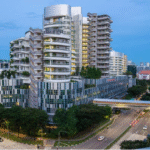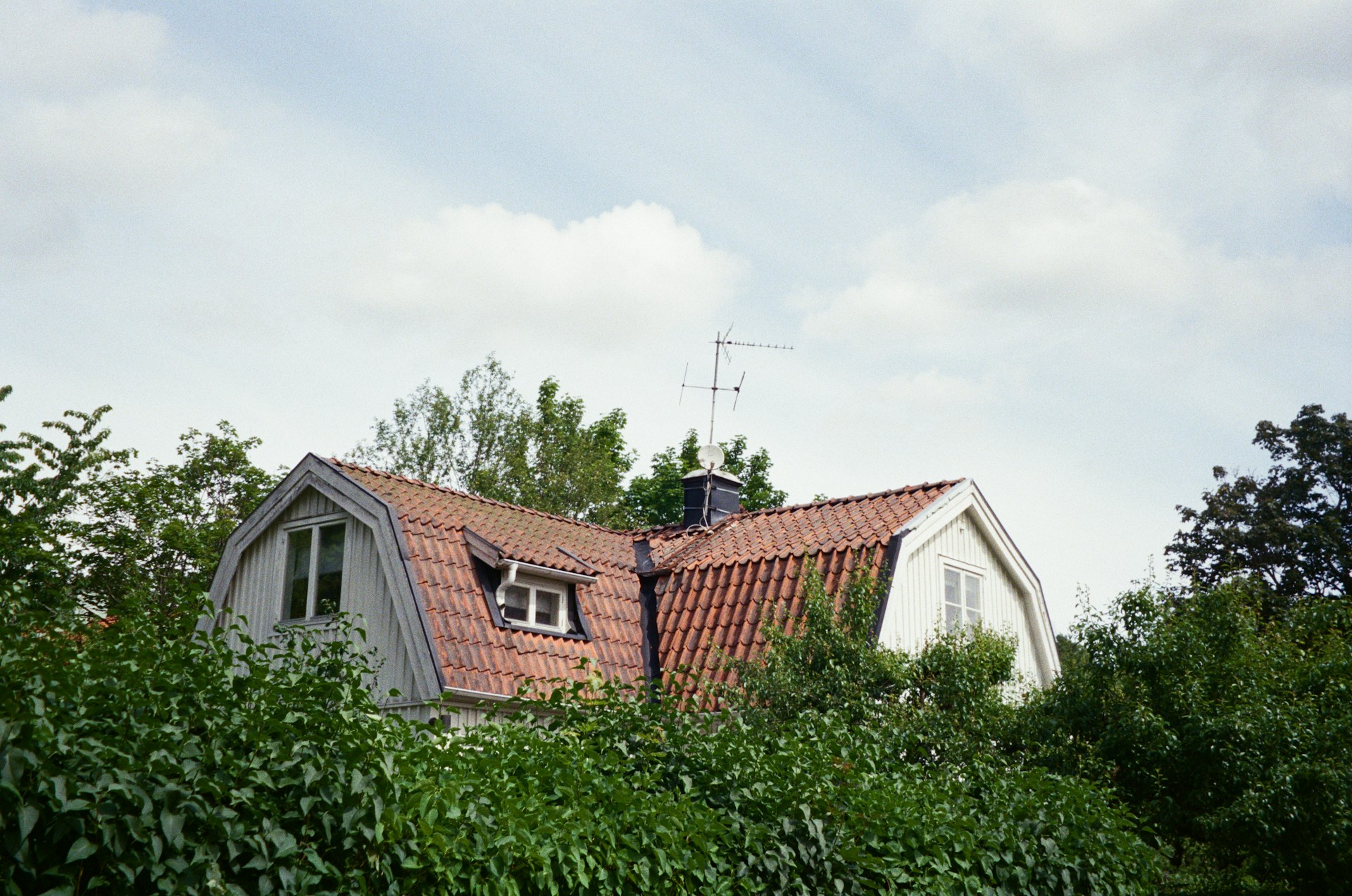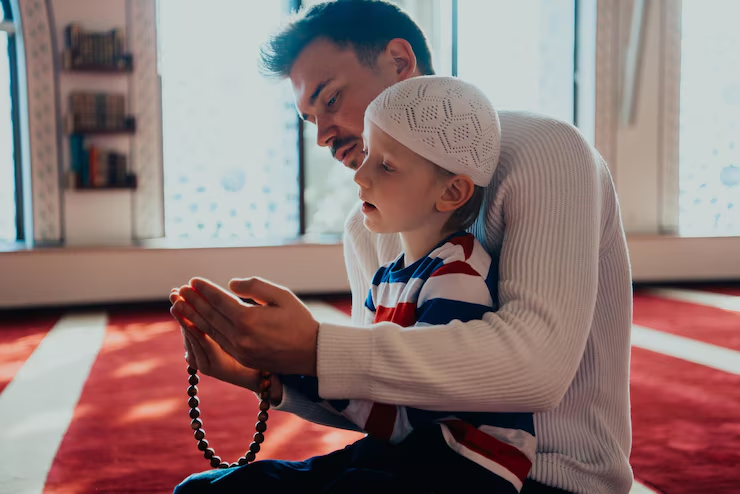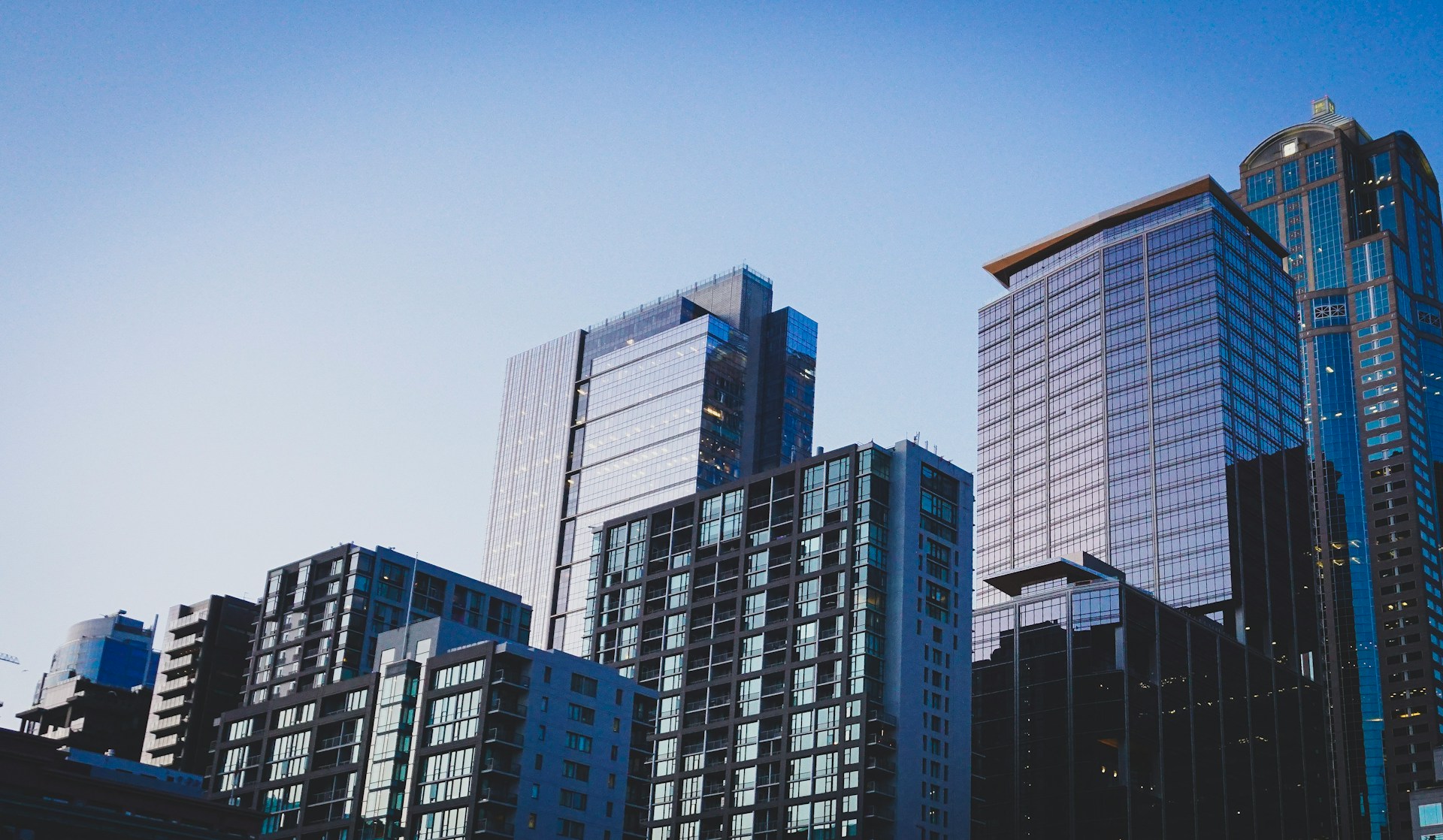Paul Baker Prindle is a photographer and arts administrator based at the University of Nevada, Reno. We were drawn to Prindle’s photographic series Mementi Mori, which documents sites where gay and transgender men were murdered. In each photograph we are presented with a moment that captures the gravity of the silence surrounding the murders of LGBTQ community members. Thank you for speaking with us Paul.
In 2008, baker initiated Mementi Mori, a project in which he documents the sites where gay and transgender men were murdered. The large format photographs, captured as Baker travels nationwide during the summer academic recess, report nothing of the naked brutality unleashed upon victims by their killers. When paired with short, almost clinical descriptions of the crimes that are drawn from police reports, viewer’s imaginations take on the gruesome work of filling in the details. The effect is captivating, and devastating.
What is the background or context for Mementi Mori? Why and how did you start this long-term project?
Mementi Mori began with two questions: what is a photograph? and what is memory? I already had an interest in images and content that we might think of as culturally gay or Queer and I was also very interested in thinking more about historic, traumatic memory and the possibility that photographs are themselves traumatic objects. I focused on documenting hate crime sites where LGBTQ individuals had been murdered as a means to explore those interests and introduce my own subject position into my work more fully. After a first unsuccessful effort making photo-etchings from the images I made in the field, I turned toward an approach I had already worked with that is strongly influenced by the Dusseldorf School. I’ve been working on the series now since late 2008; I expect to continue making this work for the rest of my life. It is certainly true that I have learned a great deal from making this work and the melancholic and political dimensions of the work are self-promoting.
Has the current political climate affected the ways in which you work? Has your productivity, or intentionality, been affected?
Yes and no, but mostly no. The rules I employ to make these site photographs is a fixed model for the most part. The theoretical and art historical questions I engage with this work have not changed much for me. As for the other layers to my work, I’d say, to be honest, no matter who’s in power, straight white heteronormativity requires that homos and trans folks die. Our current gender regime has to police us in order to survive; it’s the order of things. Though it is a dark thing to say, it’s my expectation that this political climate and others to follow will make no difference to a gender regime that demands conformity.
Whether by ignoring us or actively murdering us, people on the Left and the Right have blood on their hands. I lived as a young man through the height of first wave of the AIDS epidemic. I remember Bill Clinton’s work on Don’t Ask, Don’t Tell and DOMA and I remember when his Secret Service agents wore gloves to greet gay and lesbian visitors to the White House. It was illegal to have sex with a man for most of my life. The relative peace and quiet of the Obama years doesn’t feel that missable given the arc of history. Obama did some good things for us, but I won’t call him a hero for LGBTQ people. I have concluded that while political rhetoric can fuel homophobic and transphobic crime, this type of crime is rooted in the same evil that drives crime against women. President Trump is absolutely an incredible danger to our planet and our current day is one of significant peril, but he is not the creator of racism, homophobia, misogyny, xenophobia and other hateful attitudes and behaviors. He is the agent of nearly half of all Americans who elected him and are either racist, homophobic, misogynist, and/or xenophobic or don’t find those things troublesome enough to have voted for someone else. I’m afraid of Americans; we should be afraid of ourselves and our potential.
The current climate is the old climate is the new climate. I will always make my work, I will not be deterred, and I will share it whenever I can with whomever I can because homophobia doesn’t care who is in Congress or the White House. Hundreds of LGBTQ people were killed during Obama’s eight years in office. Trump’s administration will be no different. Political parties are not the problem; the myth that heterosexual men are God’s chosen deputies on earth is the problem.
How have conversations in the political sphere changed the way your work is or will be viewed?
I think hate crime is getting more attention now because it fits the news cycle. It is actually too early to know if hate crimes are actually up because of the Trump clusterfuck. My guess is that they will become more frequent. I know that hate crimes get more press these days, hate crime legislation has made it easier to identify and prosecute hate crimes, and that it is reported that more hate criminals are referencing Trump and associates when perpetrating hate crimes. These conditions are relevant to how my work is viewed. I imagine I’ll see some more interest in my work and I know at least one museum has recently shown my work from their collection, but for what reason I don’t know. I am more than happy to take advantage of any increased interest because the real life dimensions of my work are worth sharing. I know that people have been transformed for the better by their experience standing before my photographs and imagining losing a loved one in such a horrific way. That imagined experience of trauma is transformative. The more people that understand that LGBTQ people have value the better. I would argue that the AIDS epidemic went unmanaged for far too long because straight people didn’t think of us as worthy of life; anti-gay and anti-trans murders are rooted in that same attitude and the ability of our justice system to mismanage and under-prosecute anti-LGBTQ hate crimes is an expression of that. I think my work humanizes people of difference in valuable ways.
Do you think your work has become more politicized and if so, has it been intentional?
Mementi Mori is organized around my rule that the photograph give no clue as to what happened there; the viewer must take my word for it that the murder happened on the site I’m showing. This is true of all my photographs except the one I made in Laramie which includes the cattle fence which is an instant “tell.” I reference the crime in the title and then the viewer must construct an image of an action scene they have no direct experience or memory of. They construct a reality asked on what I tell them and they always do it.
Now I haven’t lied or misdirected in any of my photographs, but I play with the conditions of truth and memory in the way politicians do all the time. Politicians work by bleveraging the instability of truth. Photographs do that too. I say my photographs are of hate crime sites (they are) but they are actually photographs picturing a site I visited on a certain day at a certain time when I stood behind a camera and made a picture of what was in front of me. They become photographs of murder sites through the the work of the viewer at my suggestion. Politicians understand this process as well. Suggestion is all you need to get people to create a truth that immigrants are terrorists or that they’re taking “our” jobs. I work with the instability of truth and so do politicians. I do what I do. It happens that many of the things I work on and with, have taken on political dimensions and import that I had not anticipated when I first started making the work.
How has your artistic community responded to the political climate?
I see lots of responses to this political moment. I’m most interested in responses by my fellow fags and Queers and by my trans and lesbian and asexual friends who are ramping it up. I’m not interested in being a respectable homo, though I suppose in many ways I am. I’ve always said that the most radical thing I do is fuck men and talk about it later.
Have your feelings about your American community changed since the inauguration? If so, how? What about your perception of the Untied States?
No. I do not now nor have I ever believed in American exceptionalism or exceptionalism for any nation or group of people for that matter. I think humans are pretty ugly creatures who have the ability to do some incredibly unselfish and meaningful things when they really try. This current moment is an expression of a very spoiled people, not unlike those in other nations at different times in history, who have long taken advantage of other people and nations for their own benefit. I first became aware of our actual national character when Operation Desert Storm began. American desire to preserve our so-called way of life is strong and it’s a menacing desire
The notion of progress is a lie. Our civilization has its high moments and its low moments. We’re in a low moment right now and we need to fix it, but we should not be surprised that we’ve ended up here as if it is a rupture in some utopic and progressive drive toward peace. That’s not how time works. I am deeply disappointed that Americans do not value the position of leadership they’ve enjoyed. We misunderstand our privilege so greatly that we’ve elected a deeply troubled man who now controls the most powerful military on the planet. Donald Trump could all but destroy this planet with the push of a button and we put him in that position. In understand that situation as an American and I feel some responsibility for that and to fix that.
What dialogue? I think we’re in the mess we are because dialogue is all but dead. People of all political stripes stick in their own social media universe and have no idea what’s going on with people who don’t share their mindset. This is dangerous. The same phenomenon is happening in the art world. Artists are enjoying unprecedented access to large audiences, but, for the most part, these audiences are not new to art. I don’t think we’re reaching new people all that much. As I drove around rural America this summer making photographs, I recognized two things: rural America loves Trump and rural America isn’t exactly packed with galleries and museums. The people who need to see my work the most, don’t. And, to be honest, I need to talk and learn from those people and, for the most part, I’m not.
The role of art is always to challenge us with ideas and knowledge. Art helps us to use underutilized parts of our brain, ask questions we don’t want to ask, and offer ideas we might not find comfortable. Art pushes us to be more thoughtful, considered, and to achieve a potential we often squander. It’s when we get lazy and complacent that we find ourselves in messes like the one we are in today. We don’t need art more than ever just because these times are dangerous. We always need art.











